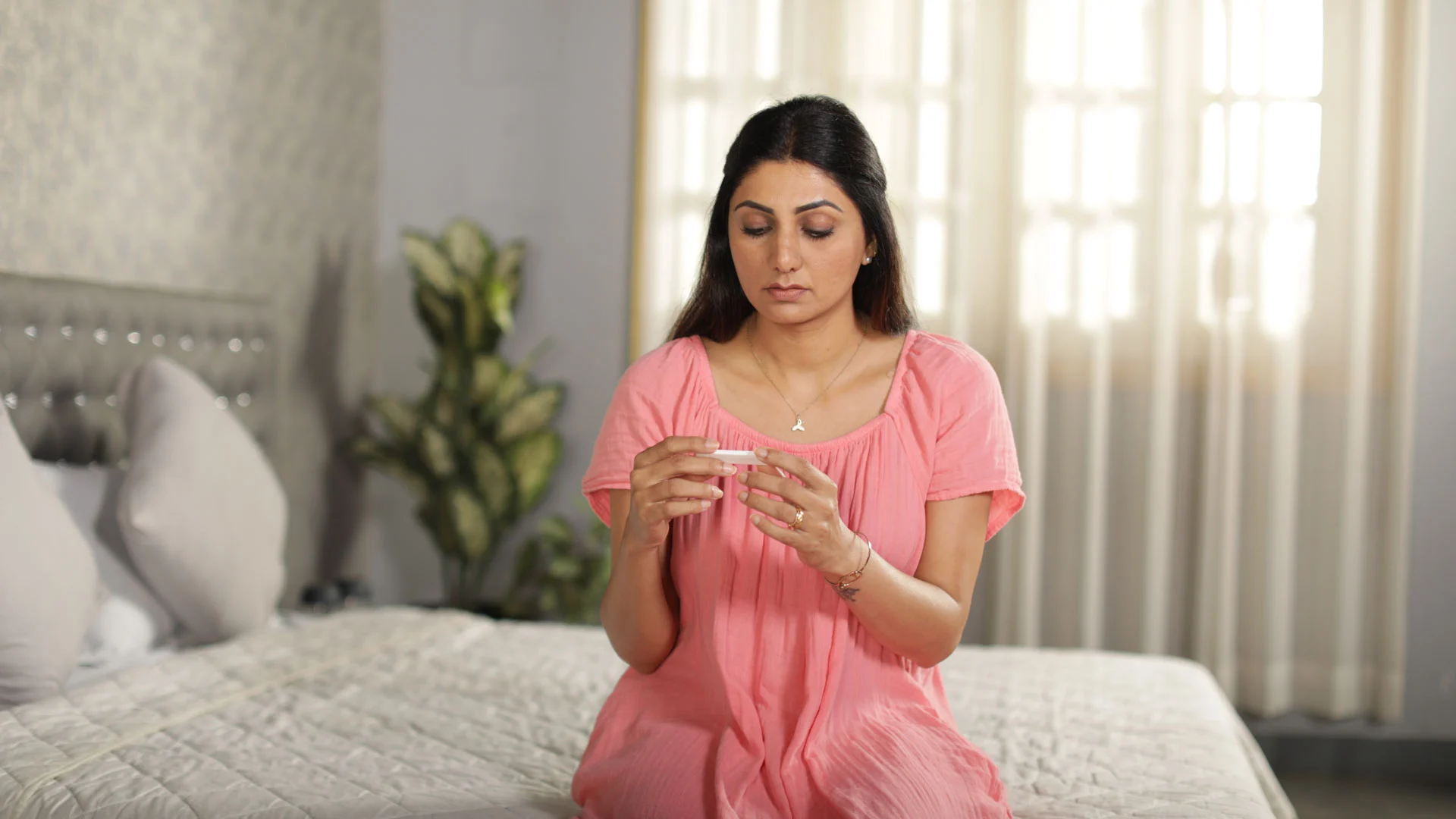When you are trying to start a family, it’s natural to pay close attention to your body. Infertility is a common medical condition, defined as the inability to conceive after 12 months of regular, unprotected intercourse. We know that this journey can be emotionally stressful, and the uncertainty can be the hardest part.
Often, the main symptom of female infertility is simply the inability to get pregnant. However, your body may be giving you subtle (or not-so-subtle) warning signs that something is out of balance. Recognizing these symptoms is the first and most powerful step you can take. This guide is here to help you understand these signs, so you can seek the right help at the right time.
The Primary Symptom of Female Infertility
The single, most direct symptom of female infertility is not getting pregnant despite having regular, unprotected sex for:
- One year (if you are under the age of 35)
- Six months (if you are 35 or older)
While this is the main clinical sign, several other symptoms related to your menstrual cycle, hormones, and overall health can act as “red flags” that point to an underlying cause.
Common Warning Signs & Symptoms
If you are experiencing the primary symptom, or even if you are just planning for a family, it’s important to be aware of these other signs. They can indicate an underlying condition that may affect your fertility.
- Irregularities in Your Menstrual Cycle
Your menstrual cycle is a key indicator of your reproductive health. Any significant change from your “normal” can be a sign.
- Irregular Periods: Your cycle length varies greatly from month to month (e.g., 24 days one month, 40 the next), making it difficult to predict. This is a strong sign that you may not be ovulating regularly.
- Missed or Absent Periods (Amenorrhea): You have not had a period for 90 days or more. This is a clear sign that you are not ovulating, which could be due to conditions like PCOS, high stress, or Primary Ovarian Insufficiency (POI).
- Heavy Bleeding (Menorrhagia): You soak through a pad or tampon every hour for several hours, or your periods last longer than 7 days. This could be a sign of uterine fibroids or polyps.
- Extremely Painful Periods (Dysmenorrhea): While some cramping is normal, severe, debilitating pain that causes you to miss work or daily activities is not. This is a classic symptom of conditions like endometriosis or fibroids.
- Bleeding Between Periods (Spotting): Light bleeding or spotting when you are not on your period can be a sign of a hormonal imbalance or an issue with the uterus, such as a polyp.
- Symptoms of a Hormonal Imbalance
Hormones control your entire reproductive cycle. When they are out of balance, you may experience a wide range of symptoms:
- Unwanted Hair Growth (Hirsutism): The growth of dark, coarse hair in places like the face, chest, and back. This is a common sign of PCOS, which is caused by an excess of male hormones (androgens).
- Acne and Skin Changes: The sudden onset of severe, persistent adult acne, especially along the jawline, can also be a sign of a hormonal imbalance like PCOS.
- Hair Loss on the Scalp: Thinning hair on your head can be linked to thyroid problems or high androgen levels.
- Unexplained Weight Gain: Difficulty losing weight or gaining weight rapidly without any change in your diet or exercise habits is often associated with PCOS or an underactive thyroid.
- Pain-Related Symptoms
- Pain During Intercourse (Dyspareunia): Intercourse should not be painful. Deep pain during intercourse is a common red flag for endometriosis or pelvic infections.
- Chronic Pelvic Pain: A persistent, dull ache or sharp pain in your lower abdomen that is not related to your period. This can be caused by endometriosis, fibroids, or scar tissue from past infections.
- Other Potential Signs
- Milky Nipple Discharge (Galactorrhea): A milky white discharge from your nipples when you are not pregnant or breastfeeding. This can be a sign of a high level of the hormone prolactin, which can stop ovulation.
When to See a Doctor
If you are trying to conceive, we recommend you schedule a consultation with one of our fertility specialists if:
- You are under 35 and have been trying for 12 months or more.
- You are 35 or older and have been trying for 6 months or more.
- You are over 40 and are planning to start a family.
More importantly, you should see a doctor right away if you are experiencing any of the warning signs mentioned above (like irregular periods, severe pain, or hormonal symptoms), regardless of how long you have been trying.








